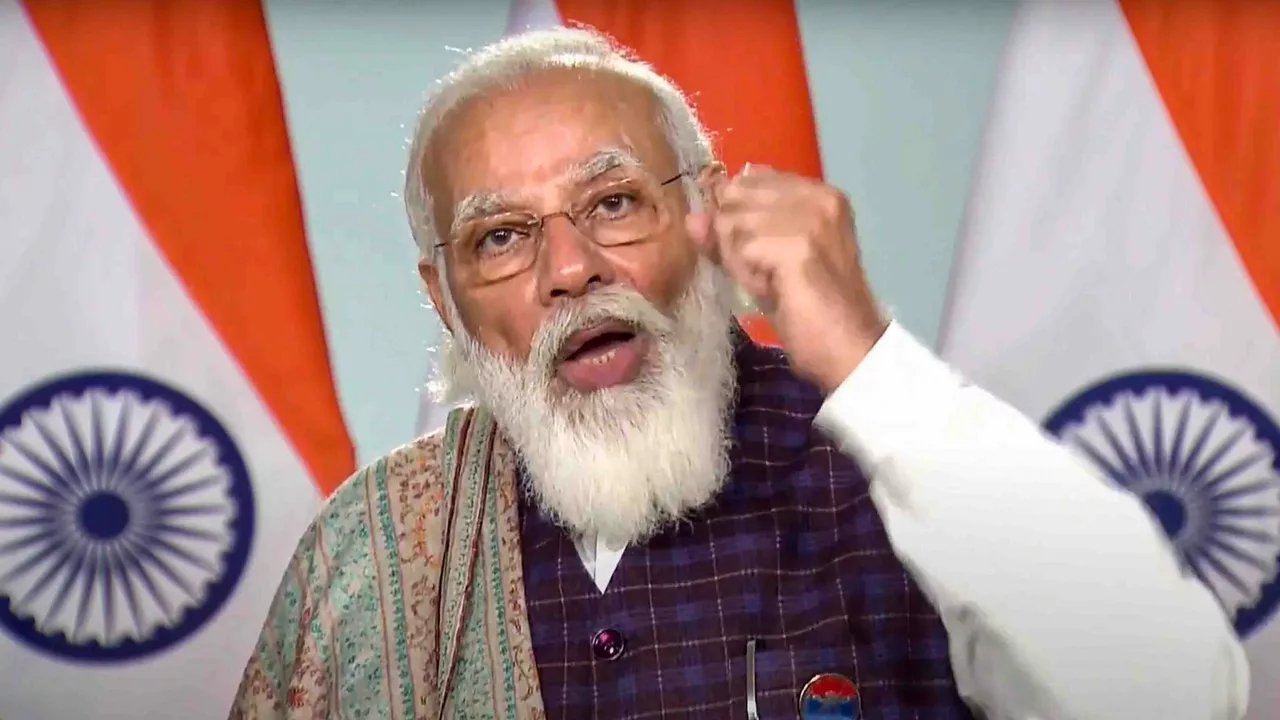Understanding the Three Farm Laws
Before we delve into the recent announcement by Prime Minister Narendra Modi, we must first understand the three farm laws that have sparked widespread protests and controversy. These are the Farmers' Produce Trade and Commerce (Promotion and Facilitation) Act, the Farmers (Empowerment and Protection) Agreement on Price Assurance, and the Farm Services Act, and the Essential Commodities (Amendment) Act. These laws aimed at transforming India's agricultural sector and empowering farmers by allowing them to sell their produce anywhere in the country.
The Announcement of the Repeal
On the morning of November 19, 2021, Prime Minister Narendra Modi, in a surprise move, announced that his government would repeal these three controversial farm laws. This decision came after a year of intense and sometimes violent protests by farmers, mostly from the northern states of Punjab and Haryana. Modi stated that while his government's intentions were pure, they failed to convince a section of farmers about the benefits of the laws.
Reactions to the Announcement
The announcement was met with mixed reactions. While many hailed it as a victory for the farmers, others saw it as a political move ahead of the crucial state elections in Punjab and Uttar Pradesh. The opposition accused the government of being insensitive to the farmers' plight for over a year before finally bending to pressure.
The Process of Repealing the Laws
Repealing the laws is not a straightforward process. It requires the same parliamentary procedure as was followed when the laws were enacted. This means that the bills to repeal the laws need to be introduced in the Parliament, passed by both houses, and then receive Presidential assent. Given that the government has a majority in the Parliament, the repeal is expected to pass without much resistance.
Implications for the Farming Sector
The repeal of the laws raises several questions about the future of the farming sector in India. While the laws were touted as game-changers for farmers, their implementation met with massive resistance. Critics argued that the laws would leave farmers at the mercy of big corporations and dismantle the traditional mandi system. With the laws now being repealed, it remains to be seen what new measures the government will take to reform the agriculture sector.
Implications for the Modi Government
The decision to repeal the laws is seen as a significant setback for the Modi government, which had firmly defended the laws for over a year. This move may dent the government's image and raise questions about its ability to implement tough reforms. However, the government has tried to spin the decision as a demonstration of its sensitivity to the people's voice.
Lessons from the Farm Laws Saga
The saga of the farm laws has several lessons for governance and policy-making in India. It underscores the importance of effective communication and consensus-building in implementing reforms, especially those that affect the lives of millions of people. It also highlights the power of protests in a democratic setup.
What's Next after the Repeal?
While the repeal of the farm laws is a significant development, it is not the end of the road for agricultural reforms in India. The government has indicated that it will continue to work towards empowering farmers and improving the agriculture sector. However, it is likely to tread more cautiously in the future, given the intense backlash it faced over these laws.

